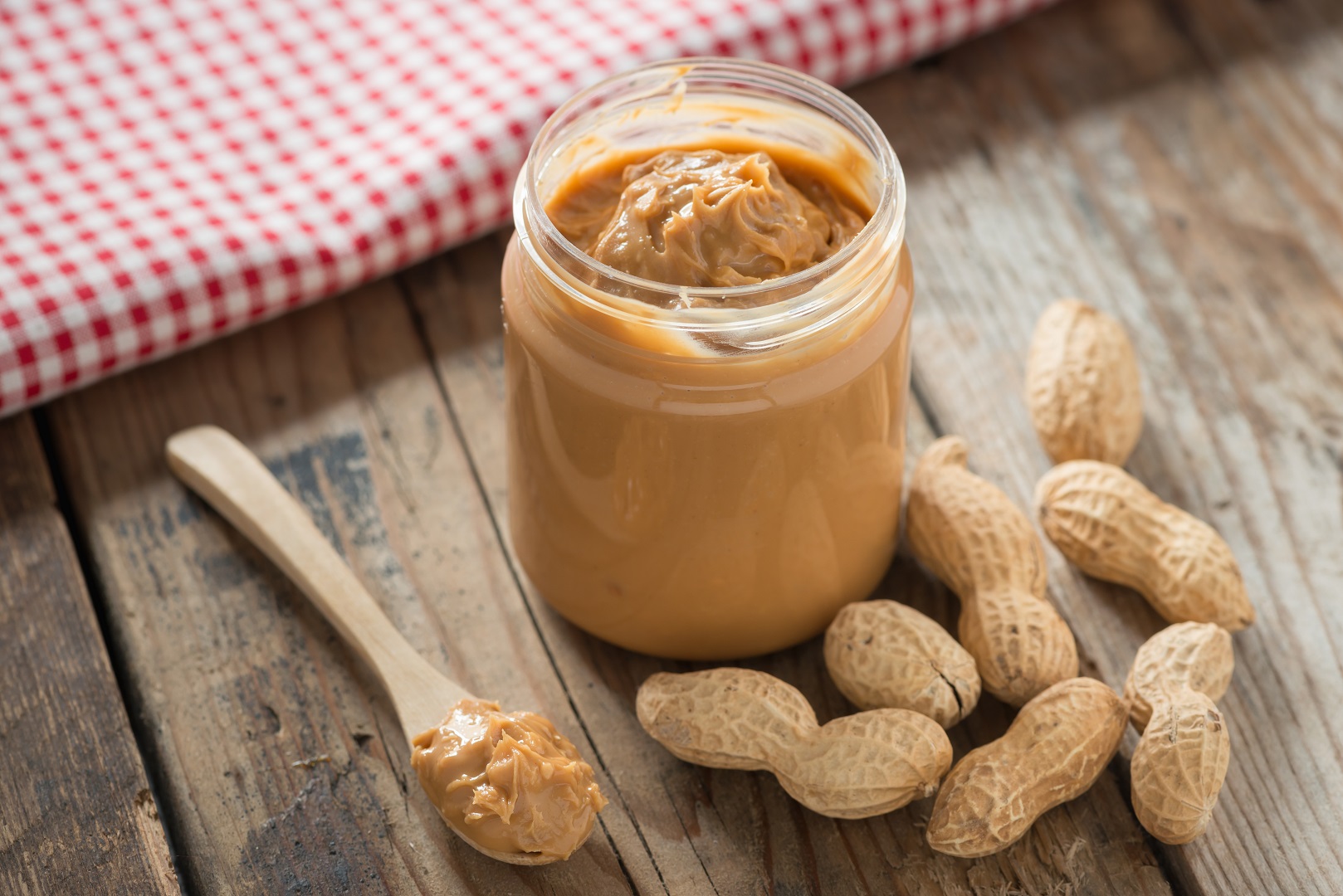
Parents of food allergic kids live with an ever-present fear of accidental exposure. Are those cookies really safe? Could there have been cross contamination? It's stressful and scary because reactions can be dangerous, even fatal. But a new treatment for peanut allergy may offer some relief to worried parents–and make life a lot easier.
A new oral treatment, getting ready for FDA review, helps kids build up a tolerance to small amounts of peanut protein. It doesn't cure peanut allergy, but could protect them in the event of accidental exposure.
In research just published in the New England Journal of Medicine, study participants who were allergic to peanuts (mostly kids 4-17 years old) got either a peanut treatment or a placebo. In the treatment group, dosages increased from just 3mg of peanut protein to 300mg (the equivalent of one peanut) over the course of six months. Then they got a maintenance dose of 300mg for six months.
At the end of the yearlong treatment, the kids underwent a food challenge, under the care of physician, to see if they could tolerate peanut in amounts up to 1000mg (about four peanuts' worth).
The exciting results: Two-thirds of the kids who received the treatment were able to tolerate the equivalent of two peanuts, and half could handle the equivalent of four peanuts. The average amount of peanut typically eaten in accidental ingestion is half a peanut, says study co-author Stepehn Tilles, MD, past president of the American College of Allergy, Asthma and Immunology.
The treatment in the study, called AR101, is oral immunotherapy, which teaches the body to tolerate peanut by exposing it to increasing amounts over time. Though oral immunotherapy for peanuts is not currently FDA approved, a small number of allergists do offer a form of it. It should go without saying, but parents should never try anything like this themselves at home, says Tilles.
Tilles says they're giving the FDA all the necessary data about AR101 and that a decision on whether or not it's approved for use probably won't happen before the second half of 2019. The drug would be available by prescription only, and people would have to stay on AR101 to be protected.
Rates of peanut allergy are increasing among children, and peanuts are responsible for the majority of deaths associated with food allergies. At the moment, there's no treatment for food allergies beyond eliminating the foods and keeping epinephrine on hand in case of exposure–and accidental exposure can happen even if the child and family are vigilant.
Sally Kuzemchak, MS, RD, is a registered dietitian, educator, and mom of two who blogs at Real Mom Nutrition, a no-judgments zone about feeding a family. She is the author of The 101 Healthiest Foods For Kids and Dinnertime Survival Guide, a cookbook for busy families. You can follow her on Facebook, Twitter, Pinterest, and Instagram. In her spare time, she loads and unloads the dishwasher. Then loads it again.


